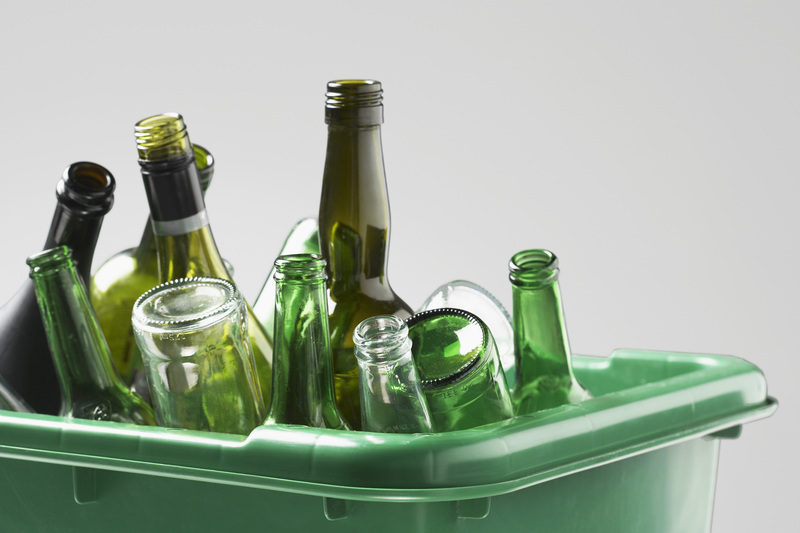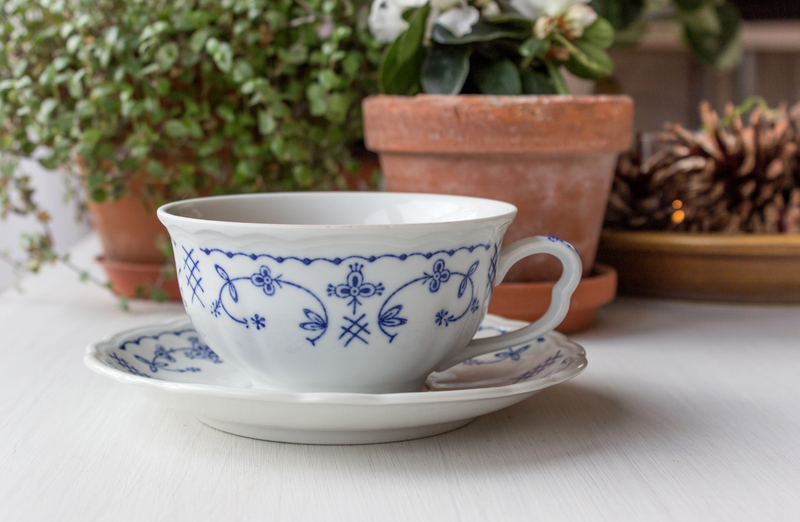From Kitchen to Recycling Bin: The Journey of Old Cookware
Old pots, pans, and utensils often linger in our kitchens long after they've served their purpose. But what happens to these everyday kitchen items when they're no longer usable? In this comprehensive guide, we'll explore the complete journey of old cookware--from the bustling heart of the kitchen to its final destination in the recycling bin. Discover how to recycle cookware, why it's important, and the environmental benefits of making the right disposal choices.
The Life Cycle of Cookware: From Purchase to Obsolescence
Every kitchen utensil and cookware item has a life cycle. Understanding this journey can help us make smarter, more sustainable choices when it's time to retire old pots and pans. Let's dive into each stage:
The Birth: Manufacturing and Choice
- Materials: Most cookware is made from metals (such as aluminum, stainless steel, and cast iron), ceramics, non-stick coatings, or a combination of these.
- Selection: Consumers choose based on durability, cooking needs, health concerns, and cost-effectiveness.
- Initial use: New cookware often delivers optimal heat distribution and food performance, making meal preparation easier and more enjoyable.
Usage Phase: The Heart of the Kitchen
- Daily wear: Over time, exposure to high heat, abrasive cleaning methods, and acidic foods causes cookware to degrade.
- Dangers of old materials: Non-stick coatings may flake, enamel might crack, and handles can become loose, presenting potential safety hazards.
- When is it time to say goodbye? Experts recommend replacing non-stick pans with visible peeling or scratches, warped pots, or cookware with loose components.

The Problem: Why Discarding Old Cookware Matters
Many people simply toss broken pots and pans in the trash. However, improper disposal of cookware can harm the environment:
- Landfill buildup: Metals and plastics from old cookware take centuries to break down in landfills.
- Harmful chemicals: Some non-stick coatings and treated metals release toxins upon degradation or incineration.
- Lost opportunity: Many cookware materials are fully recyclable, representing wasted resources when not properly processed.
Step-by-Step Guide: The Recycling Journey of Old Cookware
Let's trace the journey from the moment you decide to part ways with your loyal pan, all the way to its new lease on life through recycling.
1. Identifying Recyclable Cookware
Not all cookware is created equal! Here's how to determine if your old pots and pans can be recycled:
- Metals: Most metal pots and pans--including stainless steel, aluminum, and cast iron cookware--are highly recyclable.
- Non-stick coatings: If heavily scratched or flaking, some recycling centers may reject non-stick cookware due to chemical components.
- Glass and ceramics: These are usually not accepted in standard curbside recycling. Special centers may process them.
- Handles and lids: Remove plastic or wooden handles if possible--metal parts are easiest to recycle.
2. Preparing Your Cookware for Recycling
To enhance recyclability:
- Wash and dry the cookware to remove food residues and grease.
- Detach non-metal parts like plastic handles or rubber grips if you can do so safely.
- Check for recycling symbols or manufacturer guidance for advice on disassembly and proper recycling streams.
3. Where and How to Recycle Old Pots and Pans
Metal cookware rarely belongs in curbside recycling bins, as their size and material can damage recycling equipment. Here's where to take them:
- Scrap metal yards: Scrap yards accept most metal cookware and ensure it's smelted and reused in manufacturing.
- Specialty recycling programs: Some municipalities or advocacy groups operate drop-off points for old kitchenware recycling.
- Retail take-back programs: Certain retailers, especially those selling cookware, may offer exchange or recycling programs.
Search "metal recycling near me" to locate your nearest drop-off point. Always double-check with local authorities for current guidelines.
Upcycling and Reusing: Creative Alternatives to Recycling
Recycling isn't the only sustainable option for old cookware disposal. Give your pots and pans a second life with these creative ideas:
1. Garden and Home Decor
- Turn shallow pans and colanders into quirky planters for flowers or herbs.
- Transform lids into wall art or clocks for a rustic kitchen vibe.
2. Artistic and Functional Repurposing
- Old cast iron skillets can become candle molds or rustic serving trays.
- Turn saute pans into bird feeders or hanging lanterns for your patio.
- Repurpose metal pots as organizers for tools, craft supplies, or even as pet bowls.
3. Community Donations
- If the cookware is still functional, donate it to shelters, community centers, or organizations that assist families in need.
- List items for free or affordable sale on local swap groups and online marketplaces.
What NOT to Do With Old Cookware
- Never burn cookware: Especially dangerous with non-stick or coated materials, as they can emit toxic fumes.
- No trash bin: Avoid adding old pots and pans to general waste; this adds to landfill problems and squanders recyclable materials.
- Do not throw in curbside recycling without checking local rules, as they may be rejected and contaminate the recycling stream.
Environmental and Social Impact of Proper Cookware Recycling
Why is it important to recycle kitchenware?
- Reduces waste: Keeping metals and other materials out of landfills lessens overall environmental burden.
- Saves energy: Recycling metal cookware uses far less energy than creating metal from ore.
- Promotes circular economy: Recycled metals and materials are used to create new products, closing the loop and supporting sustainability.
- Community benefits: Donations and upcycling initiatives can provide essential goods to neighbors in need, or beautify shared spaces.
Recycling Cookware FAQ
What types of cookware can usually be recycled?
Metals such as stainless steel, aluminum, copper, and cast iron cookware are most recyclable. Non-stick, enameled, or composite pans require confirmation from your local metal recycling facility due to coatings and mixed materials.
Can broken or heavily used cookware be recycled?
Absolutely. Even warped, rusted, or broken pots and pans are valuable as scrap metal, provided they're not coated in hazardous materials.
How should I prepare old cookware for recycling?
- Clean off any food or grease.
- Remove as many attached non-metal pieces as possible.
- Take them to a specialist or metal recycling point, not the regular blue bin.
Can non-stick pans be recycled?
Only some facilities accept non-stick cookware depending on their coatings; inquire locally. If the non-stick surface is badly degraded, recycling is less likely--but metal can often still be reclaimed at a scrap yard.
What about ceramic, glass, or enameled cookware?
These are challenging to recycle conventionally. Some creative artists or specialty programs may accept these materials for upcycling or specialized recycling.

Conclusion: Making Your Old Cookware Count
From the sizzle of the stovetop to the sorting bins at a local recycling center, the journey of old cookware is packed with both opportunity and responsibility.
- Reduce: Invest in high-quality, durable cookware designed to last.
- Reuse or upcycle: Get creative before recycling, and share with those in need.
- Recycle: Enable your old kitchen utensils and pans to enjoy a second life as new products, lowering environmental impact and conserving resources.
So, the next time you eye that scarred old frying pan or dented pot, don't just toss it--think of the journey it's about to embark on. Whether through donation, upcycling, or proper recycling, your old cookware can still make a difference.
Further Reading & Resources on Recycling Kitchenware
- EPA Guide to Recycling
- Earth911: How to Recycle Cookware
- Recycle More UK: Kitchenware Recycling Advice
- Good Housekeeping: Cleaning Old Pots and Pans
Empower yourself, your kitchen, and the planet by making wise choices in the journey of old cookware from kitchen to recycling bin.
